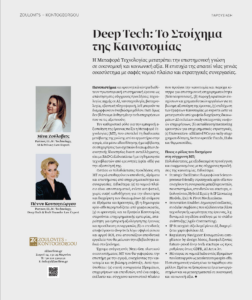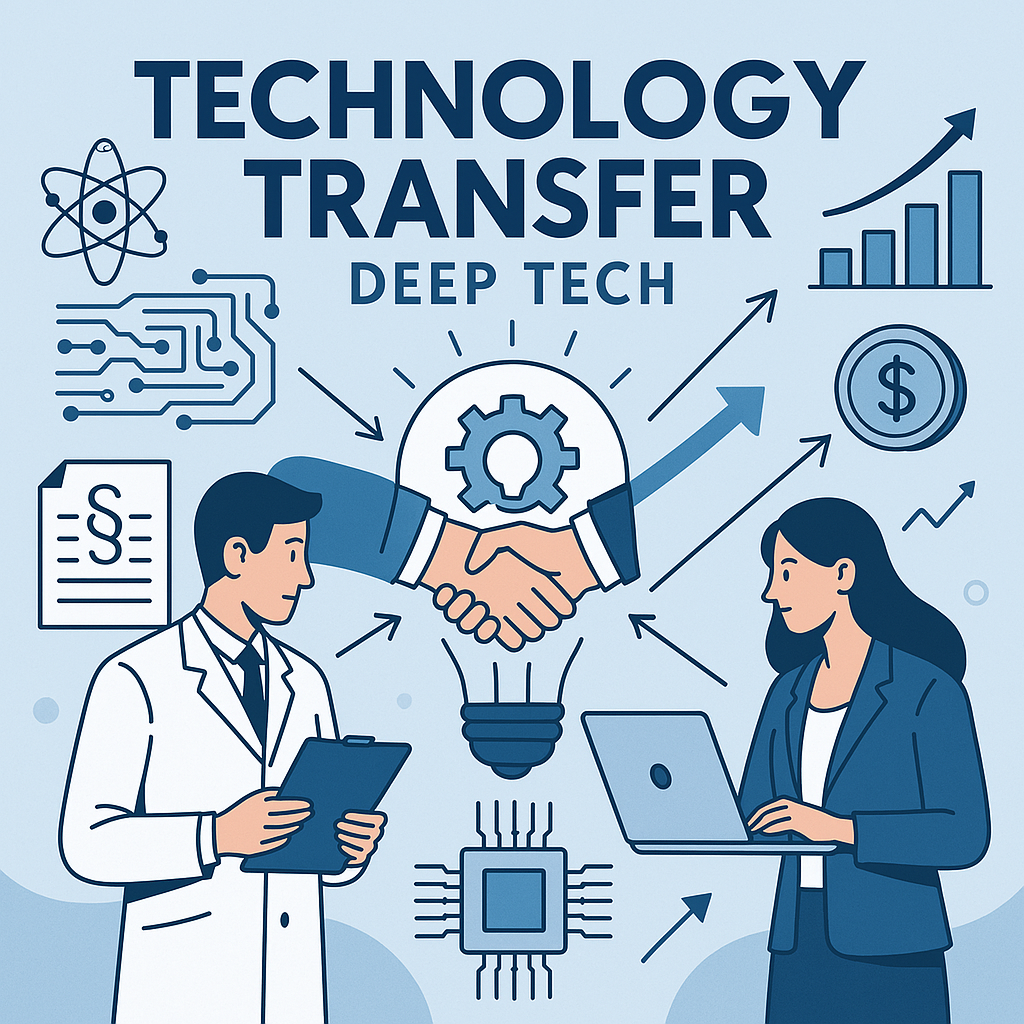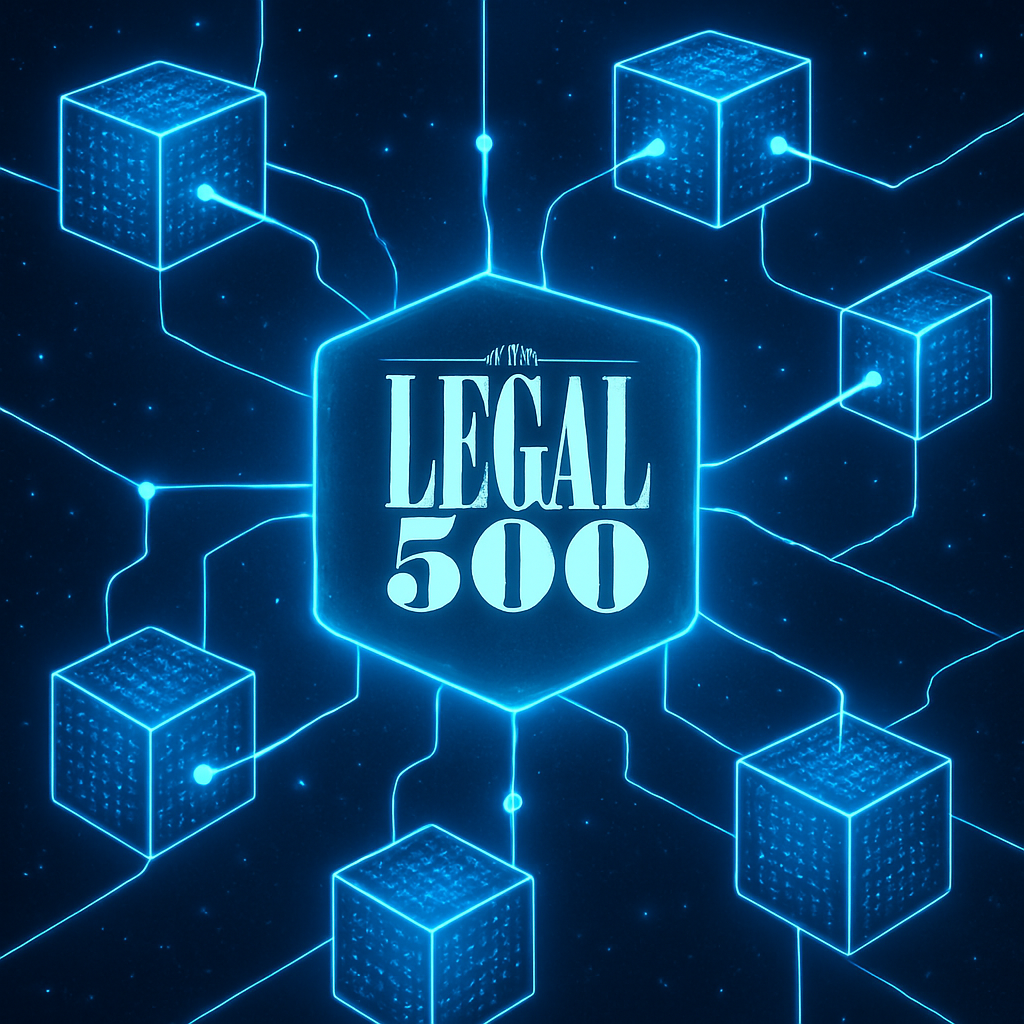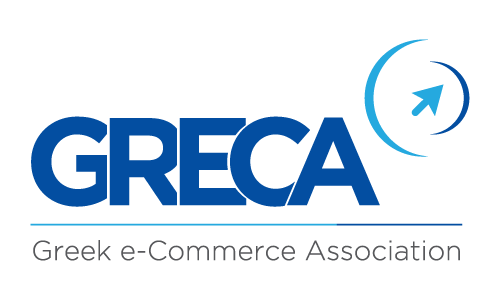Technology Transfer transforms scientific knowledge into economic and social value. Its success requires a next-generation ecosystem built on a clear legal framework and strategic collaborations.
Universities and research centers generate pioneering scientific research responding to contemporary challenges; cutting-edge technologies such as AI, nanotechnology, biotechnology, quantum computing, and IoT can shape a sustainable future. But how can these be effectively leveraged by businesses?
The crucial role for the commercial exploitation of research belongs to Technology Transfer (TT), a structured process converting scientific research into products or services, either through licensing rights to existing businesses (commercial exploitation via licensing), either through collaborations, such as R&D collaborations or spin-off creation for utilization.
However, the complexity of TT challenges often deters investors, institutions, and scientists from entrepreneurial collaborations. Indicative reasons: (a) legal frameworks not clearly defined, becoming opaque, (b) inadequate expertise in securing and managing intellectual property rights (IP) by Research Institutions, (c) spin-off creation hindered by bureaucracy, (d) researchers and Innovation Offices often lacking entrepreneurial experience, necessary for the commercial evaluation of research and attraction of collaborations, (e) investors avoid deep tech due to high risks and unclear ROI, lacking modern investment tools to mitigate uncertainty, especially in Greece.


Therefore, there is a need for a Next-Gen holistic TT ecosystem that will bridge science with the market, simultaneously ensuring sustainability and sustainable growth. This means: clear and balanced benefits for researchers, businesses, and investors under a secure, flexible, and modern regulatory framework that promotes innovation and attracts specialized human resources (technicians and business professionals), strengthening Research and Innovation Networks (collaborations among affiliated VCs and early-stage funds, innovation centers, sector-specific Funds, Hubs, and Accelerators).
What is the role of lawyers in organizing TT?
At Zoulovits & Kontogeorgou Law Firm, we apply a specialized approach to address contemporary challenges of innovation, with specialties as follows:
-
Strategic Facilitator: Adopting a pioneer-friendly approach for spin-offs creation and management; facilitating research, innovation, investments, startups.
-
Evaluator: Deep Expertise in Licensing Models, Exit & Pivot Mechanisms.
-
Innovation Enabler: Creating flexible, modular structures that integrate technological infrastructures of research institutions, enhancing agility for development (Agile Contracting).
-
IP Strategist: Evaluation and licensing; securing IP portfolios from idea to MVP.
-
Regulatory Navigator: Incorporating compliance-by-design logic, ensuring clarity on GDPR, AI Act, etc.
-
Mentor: Mentoring researchers of Institutions, providing holistic support for turning scientific knowledge into tangible products. TT converts scientific knowledge into economic and social value.
This article was originally published in Greek in the “Business Law Insights” Special Edition by NOMIKI BIBLIOTHIKI and Kathimerini
You can read the original article HERE




